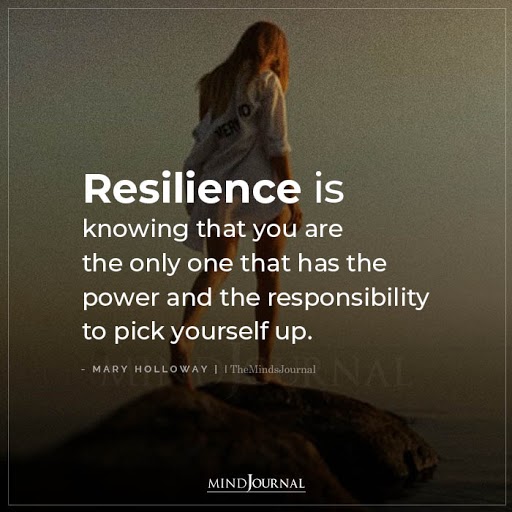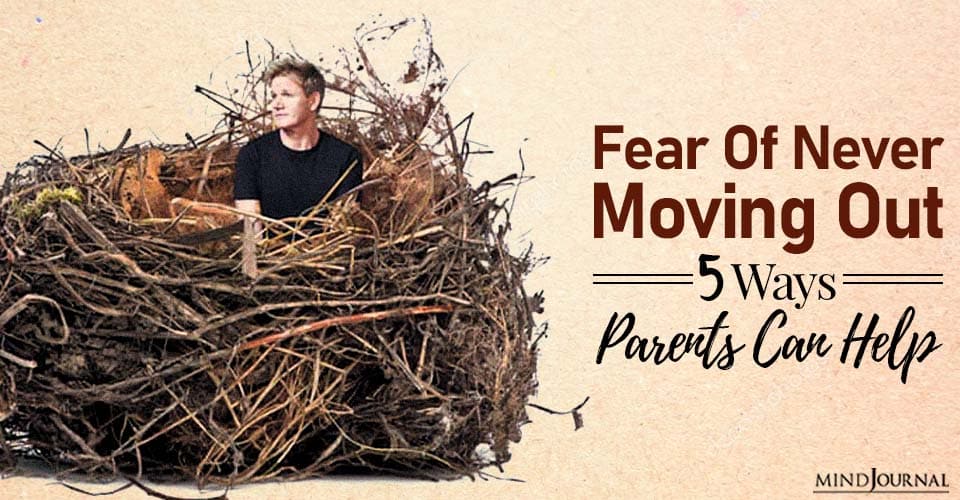Fear of Never Moving Out (FONMO)
Five ways parents can promote young adults’ career success and reduce FONMO.
You’re all set to turn your daughter’s bedroom into a home office and get your laptop off the kitchen table, but there’s no sign that she and her Coachella posters are in a hurry to move out. Or, maybe your late-twenties son is back home after a job layoff and spends more time on video games than his resume. These conditions are ripe for what I call FONMO: Fear of Never Moving Out.
FONMO captures the concern parents feel when adult children are struggling to launch, as well as the anxiety young adults feel when they want independence but don’t see a path to it. The “moving out” part is both literal — leaving the childhood bedroom or getting out of the basement into a place of their own — and figurative — the desire to move out into the world and thrive in their careers and personal lives.
As one mother said to me about the 25-year old son who tugged on her heartstrings by telling her how much he enjoys living back at home with her: “This is not about kicking him out, as he accuses me of wanting to do. I love that he wants to spend time with me, but this is about wanting him to make his own life and just come home for visits.”
Read Your Most Secret Fear Based On Your Zodiac Sign
Why FONMO Happens
Young adults’ dependence is often assumed to be a result of low motivation or lack of focus or discipline. If only he’d get out of bed earlier. If only she would find her passion. If only they had some structure to their day. Some parents see it as more of a tactical issue — not applying to enough jobs, not setting up enough informational interviews. While all these factors might play a role, the situation is usually more complicated.
Your own young adult’s situation is unique and results from a complex amalgam of past experiences with success and failure, opportunities to gain basic life skills, lack of tactical know-how regarding career development, and parenting style or family systems over the years. In addition, macro factors beyond any of your control — the state of the economy, global health and politics, social and racial injustices — all have their place in the struggle to launch.
What To Do About FONMO
Consider these five approaches that can help your young adult get moving and reduce FONMO.
1. Trust their instinct for independence.
Psychiatrist Margaret Mahler developed the Separation-Individuation Theory of Child Development, which posits that completion of developmental milestones in the first few years of life leads to successful emotional separation from the parent and development of a sense of self (the individuation part). That human napping on your couch is way beyond the toddler years but may actually be hardwired with independence-seeking tendencies and wants to wake up and get moving but just doesn’t know how.
Read 7 Common Gut Instincts You Should ALWAYS Listen To
2. Make sure you aren’t the problem. Yes, you.
Nagging, power struggles, and writing blank checks do not work. A study published in the Journal of the American Academy of Child and Adolescent Psychiatry and shared by the National Institute of Health looked at young adults living at home who were in a “dependency trap,” very reliant on their parents for everything from basic needs to financial support, with the parents accommodating those needs. The researchers trained parents to decrease the accommodation they provided while also acknowledging the difficulty and distress the dependent adult was experiencing rather than resorting to threats or lecturing.
When parents modified their own behavior, the young adults previously presumed to be “failures to launch” made significant gains in employment, living arrangements, social behavior, and other ways of engaging with the adult world.
3. Be a resource for resilience.

Your engineering grad has been toiling away at the job hunt for months while your philosophy major lands a good job right out of the starting gate? That actually happened to step-siblings I coached. No matter how effective a job search strategy, how impressive one’s academic background and internship or work history, job searches often take more time than expected and involve an element of the right time, right place.
It takes resilience to move past the rejections, ghosting, and other hiccups that can tax self-confidence and a sense of self-efficacy. In his book Change Your World, family therapist, and resilience researcher Michael Ungar, Ph.D. writes that the science of sustaining resilience is less about putting our mind to it and more about the world around us — our connections, routines, and support networks. This includes supportive (but not overly accommodating!) family relationships as a key source of our ability to bounce back and persevere.
Read 12 Ways to Build Emotional Resilience and Why
4. Focus on progress, not passion.

I rarely make promises, but I can promise you this: Asking, “Have you found your passion, yet?” every day is not going to elicit a satisfying answer. Passions don’t bubble up overnight. Career focus doesn’t come the harder one concentrates. A sense of passion for a career field or type of role often unfolds after the work is underway.
The key, for now, is to encourage your young adult to explore career options through research, networking, and putting a toe in the water with volunteer work, internships, part-time jobs, or short courses (as feasible). This is the progress that leads to solid career choices and fosters the self-awareness required to market oneself effectively for the longer game of stable, full-time work.
Read 23 Alarming Red Flags Of Sensory Issues In Kids That Most Parents Miss
5. Lean on the experts.
If strategy and accountability would help your young adult move on and move out, consider working with a career counselor who specializes in that age group. The National Career Development Association (NCDA) is a trusted source. Also, many college career centers have free or low-cost resources for alumni, and the U.S. Department of Labor’s CareerOneStop is an excellent free resource. If the problem persists, there may be deeper issues involved and a psychotherapist who specializes in families may be helpful.
Positive efforts by you and your young adult, coupled with outside expertise, can assuage the FONMO and get you into that home office before you know it.
©L. Michelle Tullier, Ph.D., Tullier Consulting, LLC
Witten by: Michelle Tullier Originally appeared on: Psychologytoday.com Republished with permission










Leave a Reply